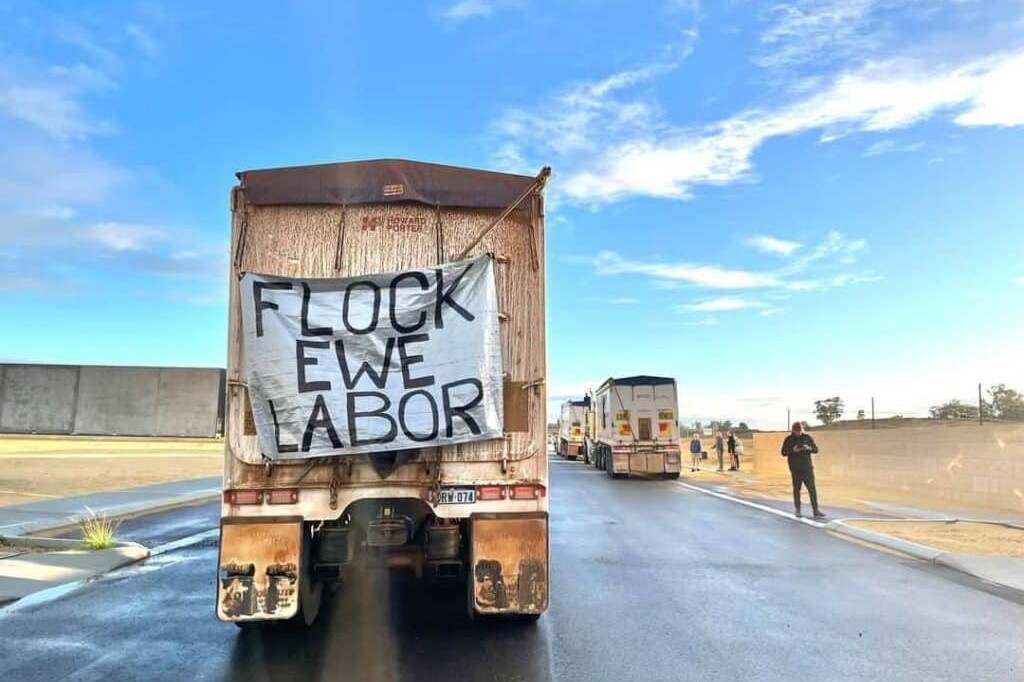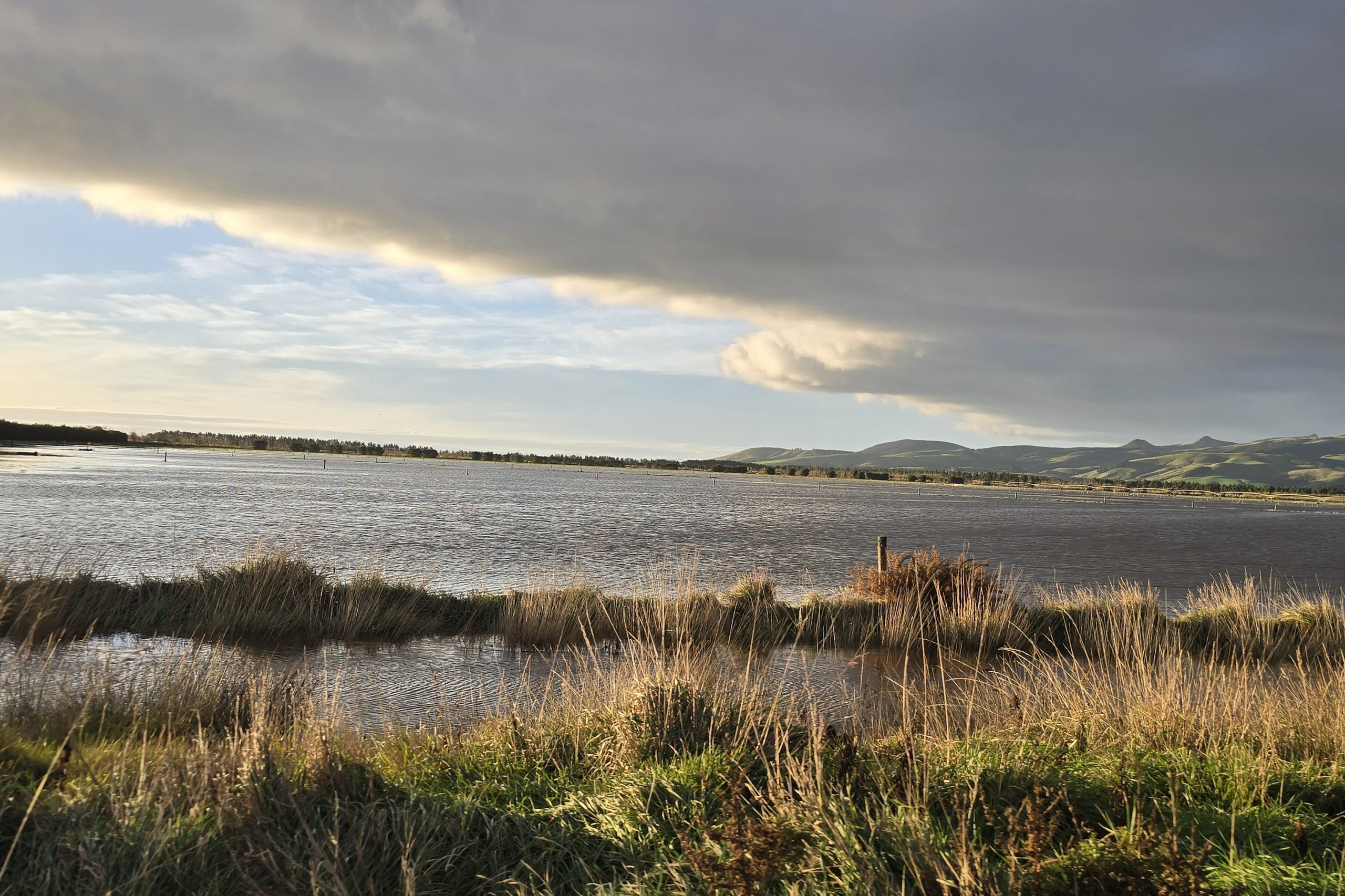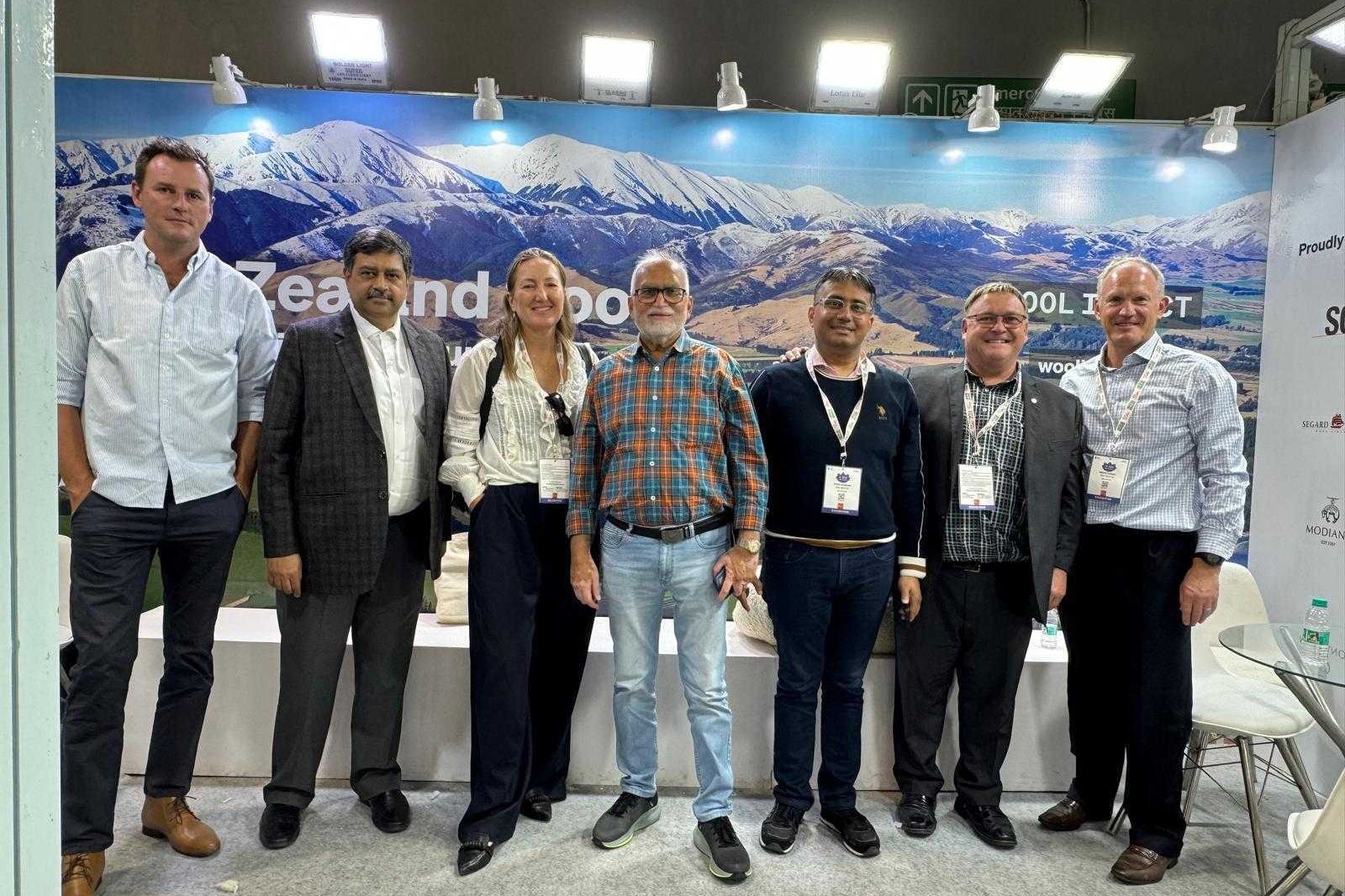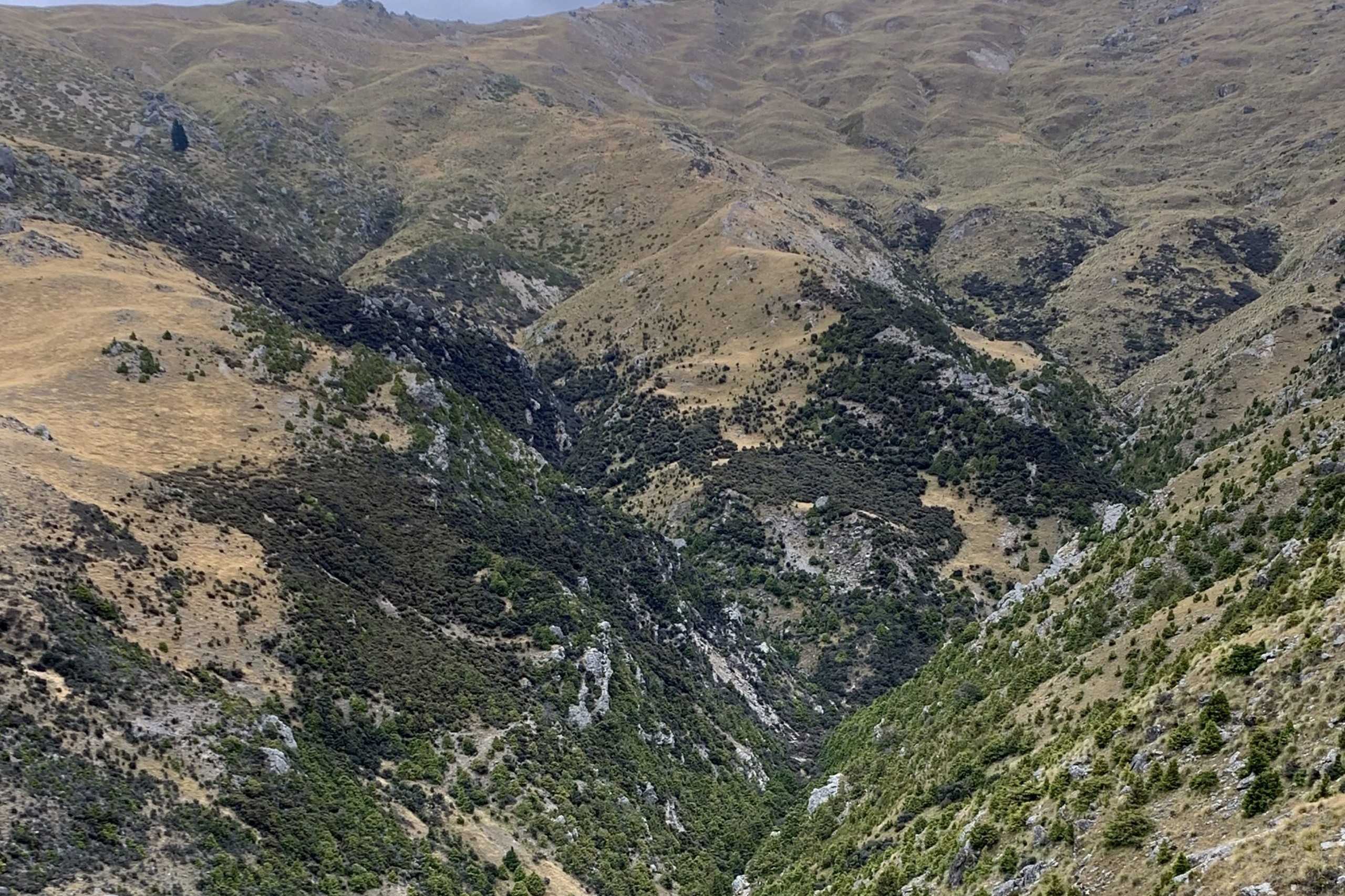By Julius Cousins, Aberfeldy, Scotland
Departing New Zealand my girlfriend Ange and I, began our overseas experience with a two-month road trip across Canada, landing in Vancouver and then driving my brother’s 1976 GMC camper 8000km to Halifax.
This trip took us through the heart of Canada as well as seven states in the United States. The scenery was spectacular and the locals very friendly and hospitable making us feel comfortable travelling through their country in Guido’s trusty old V8 camper.
From Halifax we flew south to New York. The Big Apple certainly lived up to its name and we ticked off all the must-do’s in New York including a trip to Trump Tower where the two very heavily armed security guards standing at attention in the entrance, were not to be messed with!
A week later and ready to see a bit of green grass again we departed JFK and landed in Heathrow where our first mission in the United Kingdom was to buy a car. The Chevrolet we bought
turned out to have a broken odometer so the cheap car may be a lemon.
Our first three months was spent at Rooksnest Estate, one and a half hours west of London. It is a 1620-hectare arable property with plenty of big toys.
My time there was primarily spent driving either an 820 or 936 Fendt tractor towing a 16-tonne chaser bin around the over-crowded hedge-lined roads with nowhere to go other than backwards if you came across another vehicle.
The harvest began with the 200ha of canola which should have been a mere five days work for the brand new Claas Lexon 780 with a 13-metre front and an extra long spout so the chaser bin could drive along the tram lines as the property was aiming for total CTF (controlled traffic farming). However, due to the unpredictability of the English summer, we finally finished the canola 15 days later. The average yield of the canola was 4.8t/ha with a budgeted yield of 4t/ha while the moisture was 9%.
We continued into the wheat and barley and on wet days we did fencing using a post driver attached to the front of a telehandler or topping the margins around all the crop fields which are deliberately left in grass allowing wild flowers to establish for the butterflies and bees, to maximise the subsidy.
Traditionally in the UK many farms store their grain in a leased depot, however our estate had an abundance of quality storage facilities with underfloor drying grates and stirrers which could successfully lower the moisture by 2%.
The final crop to be harvested were beans which are primarily part of the crop rotation as a break crop with the added benefit of being a legume.
During my harvest, Ange worked at the local pub called the Pheasant Inn. It was certainly not like a New Zealand pub, with very upmarket food at a hefty price.
The 38oz Chateaubriand set the tone for an expensive night at £70 (NZ$135). We didn’t eat there ourselves too often.
Once the harvest was finished we packed our lives into the Chevy and drifted north through the very attractive English countryside, highlights being Norfolk and a hot air balloon ride in the
Lake District.
We are now in Aberfeldy, Scotland, on an organic sheep and beef property 1½ hours north west of Edinburgh.
The ewes are split into flocks, 400 Mule ewes, a cross between a Blue Faced Leicester and a Blacky which is a Scottish hill sheep. Meanwhile the remaining 550 ewes are Texel. The Mule ewes lamb inside, however, only the triplet Texels will lamb inside and then a lamb is removed and mothered on to a single so ewes will only ever rear twins.
Lambs are generally sold for £70 at 18.5kg with only a small premium for being organic. Organic farms are still allowed to administer animal health remedies such as a drench, as long as a faecal egg count is undertaken.
The 70 beef cows are primarily Limousin and a few Salers. The cows are brought inside for 150 days requiring a lot of baleage and straw. The main purpose for wintering indoors is because
of tradition and a subsidy requirement, as if you are seen to be pugging the soils the subsidy will be reduced. Six months have sped by and we have met a lot of interesting people and are very much enjoying our many new experiences which are all part of an OE.




